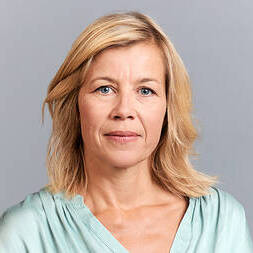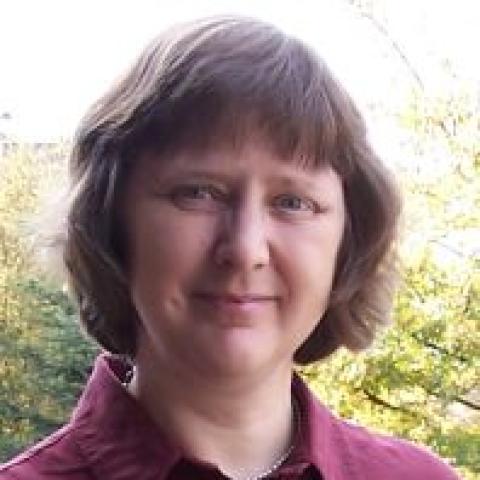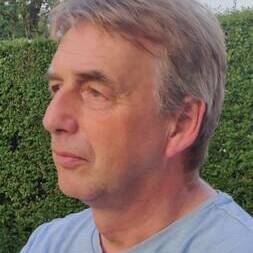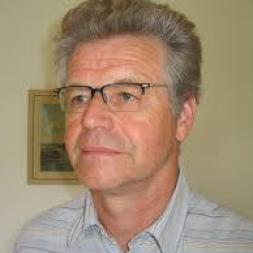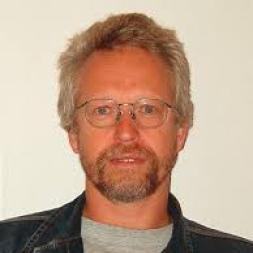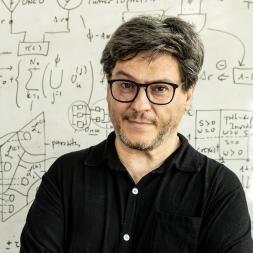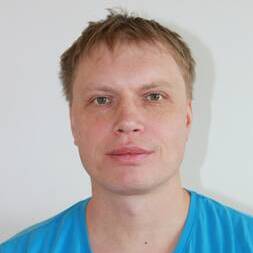
Andrew Morozov (University of Leicester, UK)
Biography
I am an applied mathematician with major interests in computational modelling in ecology, evolution, and epidemiology. Mathematically, my interests are related to dynamical systems: analytical and numerical investigation of ODEs and PDEs, integro-differential equations, as well as global stochastic optimization, non-parametric uncertainty analysis of models, elements of game theory, and machine learning applied to ecological data.
Biological applications of my research include studies of anomalously long transient patterns in population dynamics, modelling multi-prey functional responses of generalist predators, deriving optimal life history and behavioural traits, modelling host-parasite interactions, and more.
Among my recent interests is modelling bacteria-phage interactions in microbial communities of different nature. Phages are viruses which infect bacteria and control bacterial numbers. Using mathematical models, backed up by empirical data, my intention is to predict regulation and control by phages of the density of bacterial pathogens in the natural environment as well as in animals and humans.
I am on editorial bord of the Journal of Theoretical Biology, Ecological Complexity, Mathematical Modelling of Natural Phenomena, and Scientific Reports.
Modelling control of bacteria by phages in the changing world
Phages (or bacteriophages) are bacterial viruses, they are the most abundant biological entity on Earth, and they impact all aspects of bacterial evolution and dynamics. Phages can control the abundance of pathogenic bacteria in the natural environment, and they are used in medicine as well as the food industry. Ongoing climate change and human activities are expected to alter the control of bacteria by phages. Also, misuse of phage therapy in humans and agriculture can undermine our efforts in eradicating bacterial pathogens. Mathematical modelling is currently becoming an efficient tool to predict the future of bacteria-phage interactions under changing environment and human interventions. In this talk, I will present modelling results of how climate change and implementation of certain agricultural practices would affect interactions of bacteria with phage exhibiting condition-dependent lysogeny, where the type of phage infection lifecycle is determined by the ambient temperature. As a case study, we model alteration to the control of the pathogenic bacterium Burkholderia pseudomallei by its dominant phage. B. pseudomallei causes melioidosis, which is among the deadliest infections in Southeast Asia and across the tropics. The model predicts a drastic increase in pathogen density due to less efficient control by the phage which is caused by global warming and misuse of particular agricultural practices. In the second part of the talk, I will discuss possible difficulties that implementation of phage therapy might face in the nearest future. This problem is of importance since treatment of humans and animals by phages is currently considered as a major alternative to usage of antibiotics. Mathematical models that I apply predict development of a strong bacterial resistance to infection by phages due to non-optimal implementation of phage therapy. This might alter our current optimistic belief of (almost) always successful phage therapy. As a practical example, I will present results of modelling of eradication of the bacterial pathogen Campylobacter (causing diarrhoeal diseases) by phages in commercial poultry.




